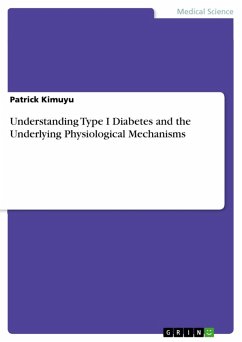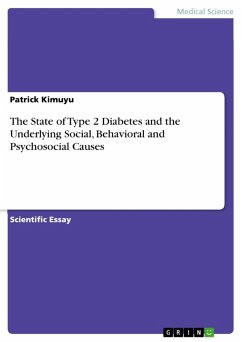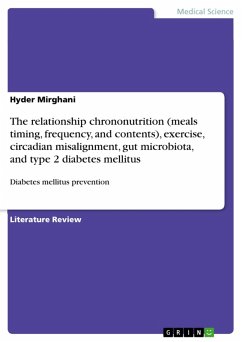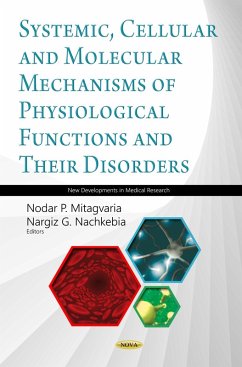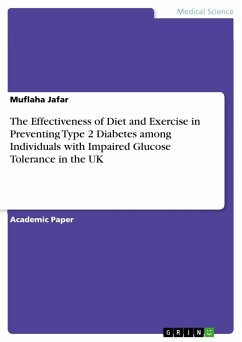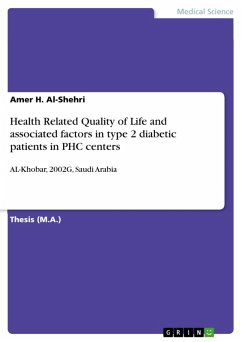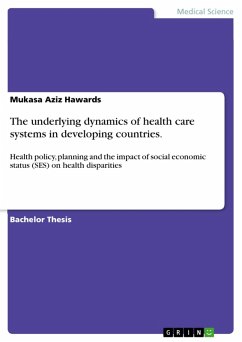Document from the year 2018 in the subject Medicine - Epidemiology, grade: 1.2, Egerton University, language: English, abstract: Diabetes entails a collection of metabolic disorders which are usually characterized by prolonged high sugar levels in an individual's blood. For instance, both type 1 diabetes (T1D) and type 2 diabetes (T2D) are characterized with hyperglycemia. This condition is referred as hyperglycemia, and it has been found to cause debilitating health consequences. Van Belle, Coppieters and von Herrath (2011) report reaffirm that chronic hyperglycemic conditions may lead to health complications including heart disease, blindness, kidney failure, stroke, and ketoacidosis. Ordinarily, T2D occurs due to insulin resistance in which adipose or muscle cells exhibit low response to insulin. This phenomenon is associated to old age or obesity. In contrast, T1D is caused by autoimmune destruction of pancreatic beta-cells which are responsible for the production of insulin (Ozougwu, Obimba, Belonwu & Unakalamba, 2013). Currently, diabetes presents an immense challenge to the global public health system (Kimuyu, 2018). Therefore, this discussion focuses on the key aspects of type 1 diabetes.
Dieser Download kann aus rechtlichen Gründen nur mit Rechnungsadresse in A, B, BG, CY, CZ, D, DK, EW, E, FIN, F, GR, HR, H, IRL, I, LT, L, LR, M, NL, PL, P, R, S, SLO, SK ausgeliefert werden.

